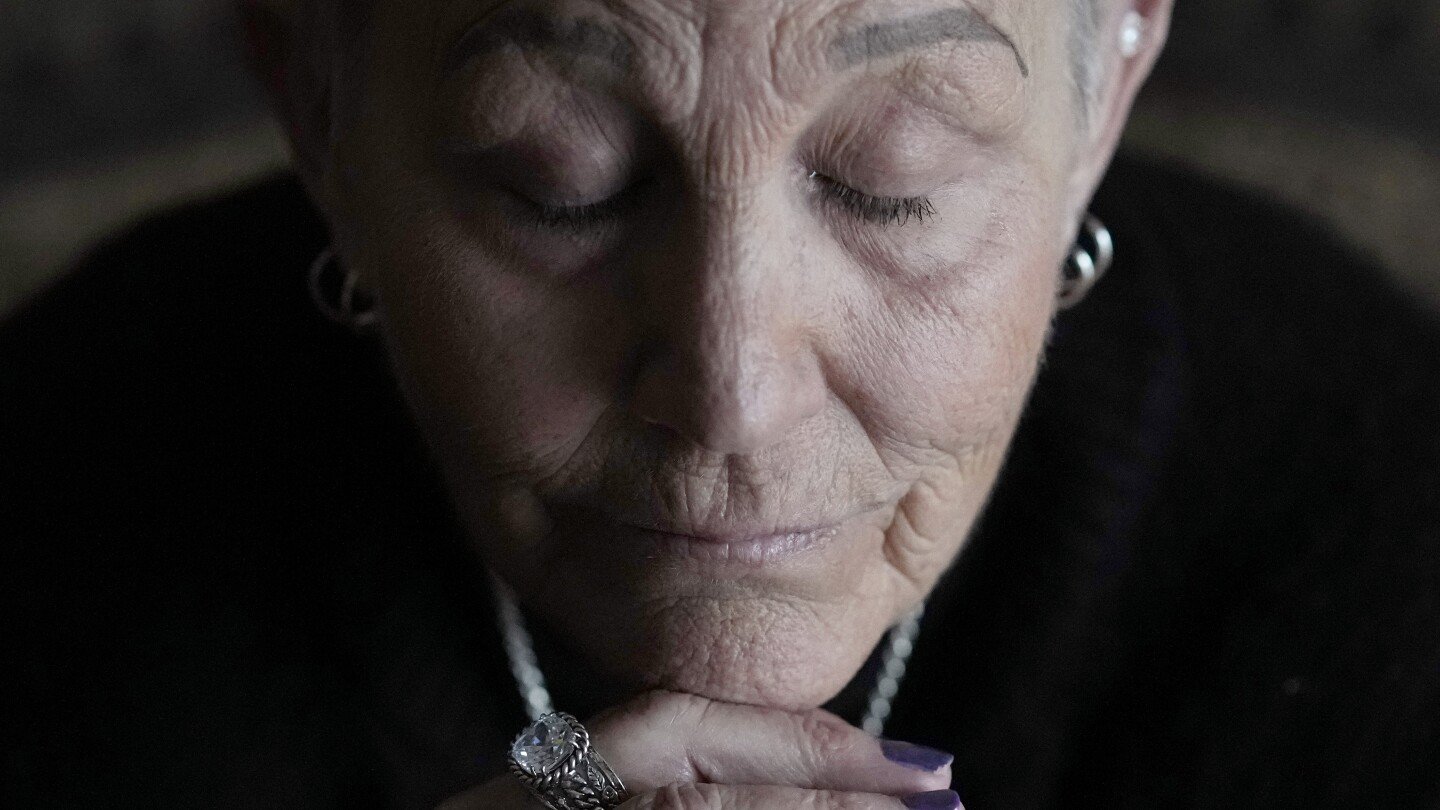On a brisk day at a restaurant outside Chicago, Deb Robertson sat with her teenage grandson to talk about her death.
She’ll probably miss his high school graduation. She declined the extended warranty on her car. Sometimes she wonders who will be at her funeral.
Those things don’t frighten her much. The 65-year-old didn’t cry when she learned two months ago that the cancerous tumors in her liver were spreading, portending a tormented death.
But later, she received a call. A bill moving through the Illinois Legislature to allow certain terminally ill patients to end their own lives with a doctor’s help had made progress.
Then she cried.
“Medical-aid in dying is not me choosing to die,” she says she told her 17-year-old grandson. “I am going to die. But it is my way of having a little bit more control over what it looks like in the end.”
That same conversation is happening beside hospital beds and around dinner tables across the country, as Americans who are nearing life’s end negotiate the terms with themselves, their families and, now, state lawmakers.



I work as an EEG tech. I see some really awful cases where there’s no hope for a meaningful recovery. Lawmakers should be required to do a month of hospice/palliative care rounds before signing any legislation on right to die. There is so much misinformation and misunderstanding surrounding what that care entails. The patients I see often don’t have the ability to make that choice and are left up on life preserving care for days to months at a time without any chance at meaningful recovery.
Forcing lawmakers to research a topic before deciding on it? This is America dammit! We don’t even make them READ the bills before deciding on them!